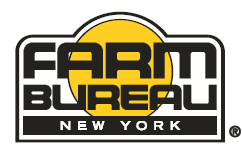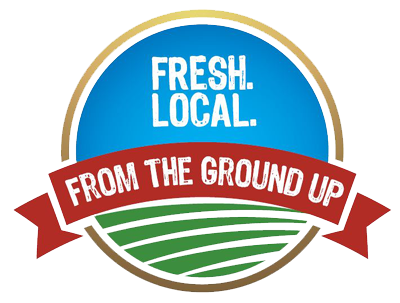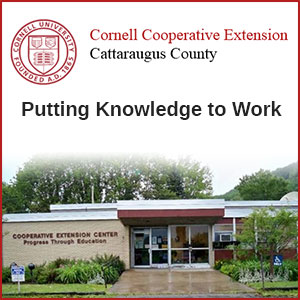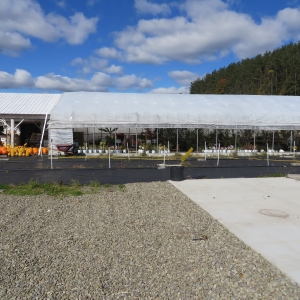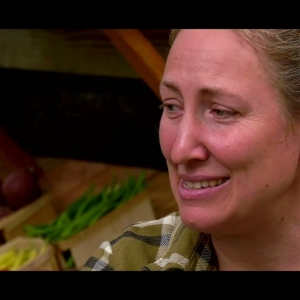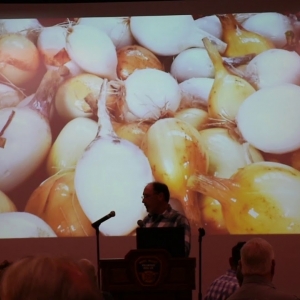Other Ag News:
(Washington, D.C., August 8, 2025) – U.S. Food and Drug Administration Commissioner Dr. Marty Makary, M.D., M.P.H., and U.S. Secretary of Agriculture Brooke L. Rollins this week announced plans to support American citrus growers and cut bureaucratic barriers by proposing an update to the standard of identity (SOI) for pasteurized orange juice. This America First action will end a 60-year-old rule that hurts domestic farmers and forces reliance on foreign imports. The FDA expects this change is unlikely to affect the taste of pasteurized orange juice.
(Washington, D.C., August 8, 2025) – U.S. Deputy Secretary of Agriculture Stephen A. Vaden yesterday hosted the fifth day of the Great American Farmers Market on the National Mall with an evening celebrating the beauty of our nation’s land, people, and agriculture.
(Washington, D.C., August 8, 2025) – U.S. Secretary of Agriculture Brooke L. Rollins published an opinion piece in the Washington Examiner highlighting the significance of the Great American Farmers Market as a national celebration of local products, American agriculture heritage, and the farmers, ranchers, and producers who feed and fuel our nation.
(Washington, D.C., August 7, 2025) – U.S. Secretary of Agriculture Brooke L. Rollins yesterday hosted the fourth day of the Great American Farmers Market on the National Mall with an evening honoring those who protect our national treasures and discover how USDA safeguards our landscapes.
(Washington, D.C., August 6, 2025) – U.S. Secretary of Agriculture Brooke L. Rollins today announced the U.S. Department of Agriculture is making $6 million in grant funding available for seafood processors to expand operations, transform the food supply chain and create new and better markets for the processing of invasive, wild-caught catfish. Additionally, USDA, in partnership with the Maryland Department of Agriculture, is launching a one-year pilot program to purchase up to $2 million through Section 32 of Chesapeake Bay blue catfish.
(Washington, D.C., August 6, 2025) – U.S. Secretary of Agriculture Brooke L. Rollins hosted the third day of the Great American Farmers Market yesterday on the National Mall with an evening of gratitude, service, and spiritual heritage in American agriculture.
(Washington, D.C., August 5, 2025) – U.S. Secretary of Agriculture Brooke L. Rollins, at Faith and Fellowship Tuesday at the Great American Farmers Market, alongside Secretary of Housing and Urban Development Scott Turner, Secretary of Veterans Affairs Doug Collins, and USDA Senior Advisor on Faith and Community Outreach Dr. Alveda King, issued a statement reaffirming the U.S. Department of Agriculture’s (USDA) steadfast commitment to protecting and upholding religious liberties in all public engagements and federally administered programs.
WASHINGTON, August 5, 2025 — Back-to-school shopping usually means backpacks, notebooks and lunchboxes. But don’t forget to add food safety to the list.
Young children, especially those under age five, are more likely to get seriously sick from foodborne illness. The U.S. Department of Agriculture (USDA) is reminding parents, caregivers, and anyone packing school lunches to follow a few simple food safety steps.
(Washington, D.C., August 4, 2025) – U.S. Secretary of Agriculture Brooke L. Rollins, joined by Secretary of Health and Human Services Robert F. Kennedy Jr., hosted Iowa Governor Kim Reynolds and West Virginia Governor Patrick Morrisey and signed six new food choice state waivers to further advance President Trump’s efforts to Make America Healthy Again.
(Washington, D.C., August 4, 2025) – U.S. Secretary of Agriculture Brooke L. Rollins officially kicked off the inaugural Great American Farmers Market yesterday on the National Mall with an evening of festivities honoring America’s farmers, freedom, and 250 years of agricultural heritage.
Pages
Signup for the Ag Newsletter
Get the freshest farm news, events and updates from in and around Cattaraugus County, NY at least once a month! Go signup!
Other ways to stay connected:
Get Involved in Farming
Resources for Starting a Farm in Cattaraugus County
Profile of Cattaraugus County soils
Agriculture Career Exploration
Questions about farming? Find out Who to Call

